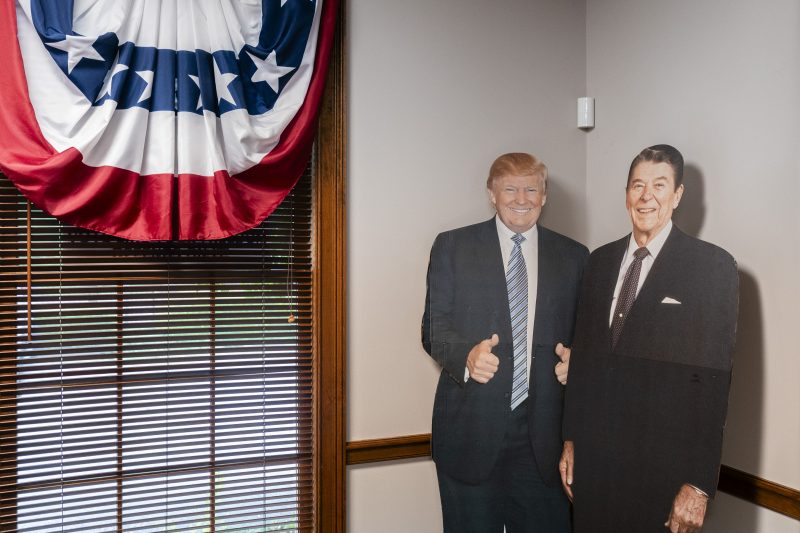As the election season heats up, Republican candidates are fondly evoking the memory of Ronald Reagan, the popular former president who once captured the vote of a nation with his signature phrase, “Make America Great Again.”
In an era of extreme political divisions, Republicans turn to Reagan’s legacy nostalgically to demonstrate their patriotism and commitment to traditional values. While Reagan’s administration was full of controversial moments — from crippling debt, to tax cuts for the wealthy, to Central American interventions — the former president has become a powerful ally to leverage in the current age of President Donald Trump.
It’s no secret that Reagan was a member of the GOP and his platform was steeped in conservative values. However, if asked to stand among today’s Republican candidates, Reagan might very well be uncomfortable. The Republican Party of 2019 is a far cry from the 1980s iteration that saw Reagan as its leader.
Today’s Republican agenda prioritizes tight border control, personal loyalty to Donald Trump, and far-reaching authority for the executive branch. While Reagan held firm views on immigration and criminal justice, he was a staunch advocate for individual freedoms. His insistence on limited federal authority put him at odds with President Trump’s attempts to centralize power. Reagan’s agenda to reduce taxes for the middle and lower classes would clash with the reduced spending and tax cuts for the wealthy championed by current Republicans.
It’s little wonder, then, that Republican candidates don’t emphasize Reagan’s views on policy, preferring instead to focus on his horrifyingly catchphrase. By leveraging Reagan’s captivating charisma and beloved image, the GOP has crafted a version of the former president that conveniently fits into the current political climate.
Though his image may be manipulated to suit the goal of the moment, Ronald Reagan’s influence on the Republican party is undeniable. The struggles and successes of his presidency are inextricably tied to the GOP, and his profound impact on the history of American conservatism can still be felt to this day. However, if the iconic leader were alive today, it’s unlikely he would embrace the current and controversial agenda of the Republican Party.































